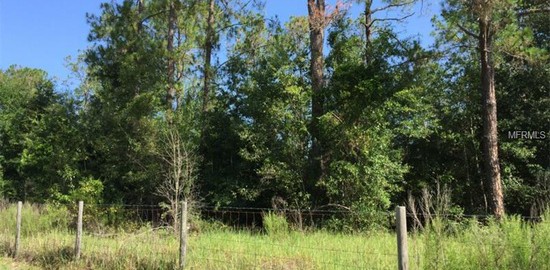Reasons to Invest in Raw Land
 Raw land has some major drawbacks when compared to income producing real estate. Buying raw law that is not for immediate development is a bit of a gamble on future bigger profits. The gamble is that the time needed to hold the raw land until it becomes valuable may be extensive, even decades in some cases.
Raw land has some major drawbacks when compared to income producing real estate. Buying raw law that is not for immediate development is a bit of a gamble on future bigger profits. The gamble is that the time needed to hold the raw land until it becomes valuable may be extensive, even decades in some cases.
The Downside
During all that time, property taxes are due on the land. Unless the law has an alternative use, such as agriculture, it may just sit there costing money year-after-year, until some day in the future when it becomes more valuable. Land, unlike other properties with structures on them, does not qualify for a depreciation deduction on Federal income taxes.
The Upside
Typically, raw land becomes valuable when a city starts to spread out towards the land and eventually encroaches upon it. Another way to make raw land more valuable is to invest the time and money to get approval to sub-divide the land into smaller parcels. These smaller parcels, in total, sell for a greater amount than the purchase price of the larger piece.
The principle of buying large tracts of land, sub-dividing it to smaller parcels is a sound one, when the land is good. It is the job of the real estate investor/developer to add value to the land. They choose land that becomes valuable because of its location. In a previous blog, we talked about how land in the area of Disney World suddenly became valuable, when before it was almost worthless.
How does a real estate investor know when it is a good time to invest in raw land?
There are certain criteria that increase the odds of success in buying raw land, which are:
• Bargain price in comparison to equivalent land nearby, due to motivated seller.
• Land for a new subdivision, without strong resistance from the local people or authorities.
• Nearby town or better yet, a major city is expanding in the direction towards the land.
• Knowledge about a big development or a government project (highway etc.) that will need the land.
• Land is income-producing, such as in the case of Florida’s citrus groves that turned into housing developments.
• Real estate investor has a use to develop the land, for example to build a new home.
• Real estate investor owns an adjacent property and wants to prevent development of the land. A reason for this might be that a structure on the adjacent property would block a nice view.
• Real estate investor seeks a long-term investment as part of a balanced real estate portfolio.
• When the land is a good price, with very low down payment, and has inexpensive owner financing.
• When a development partnership is possible with the landowner that does not require cash, only the expertise, of the real estate investor.
Summary
Raw land offers excellent opportunities for real estate investors who are clever to discover opportunities, have good luck, and are patient, while waiting for the value to increase.